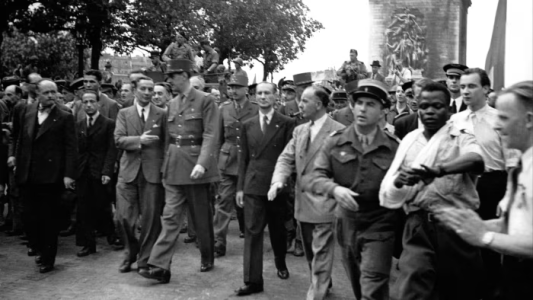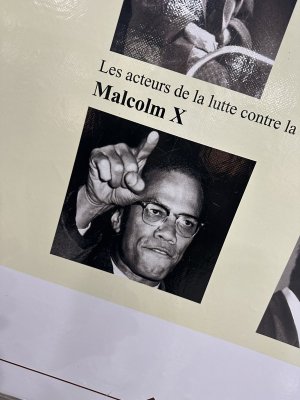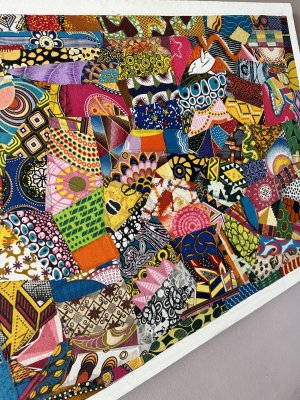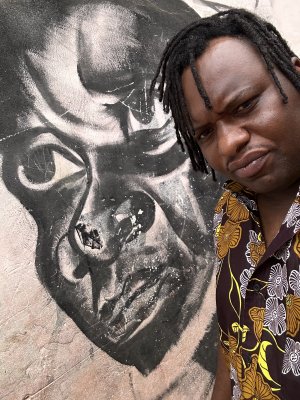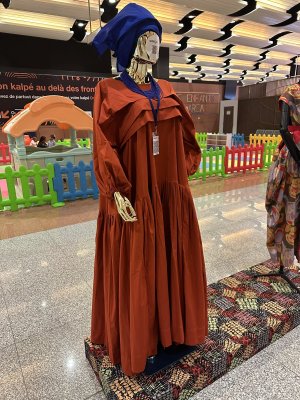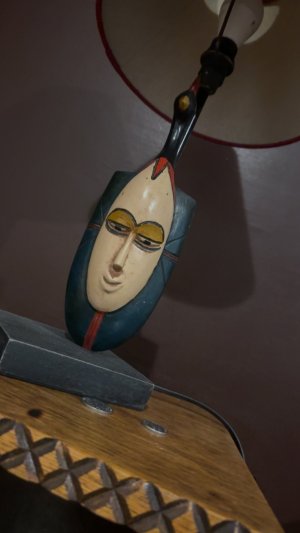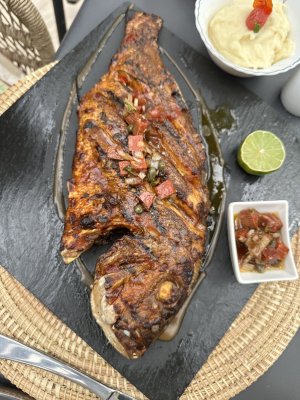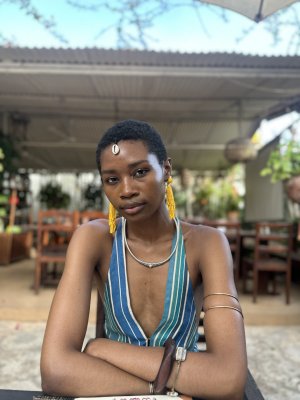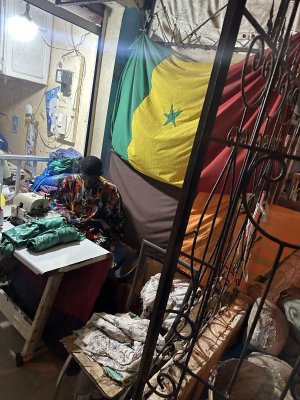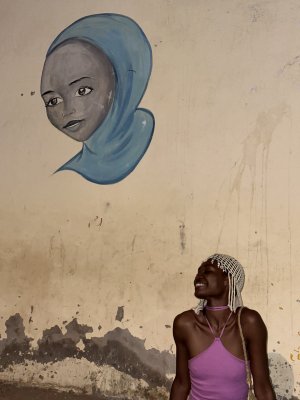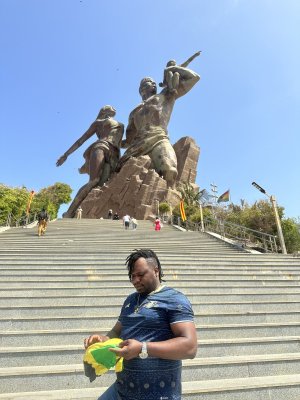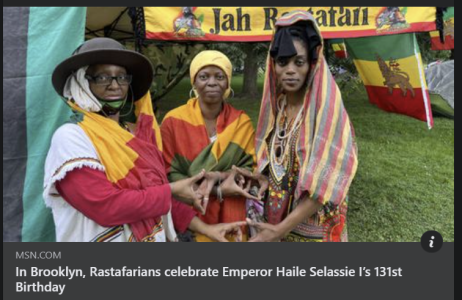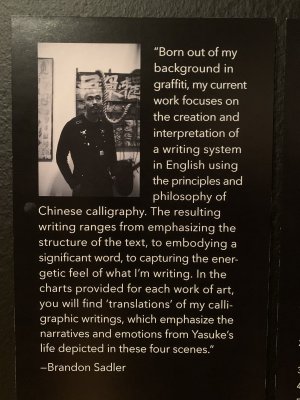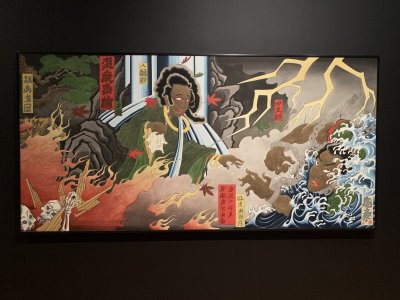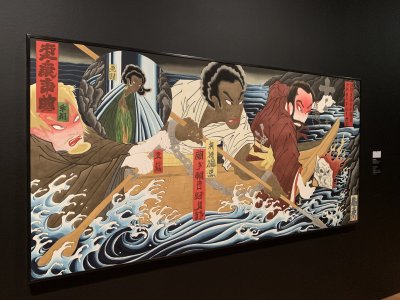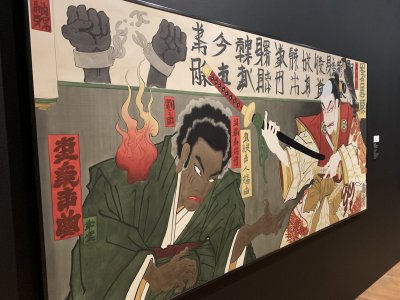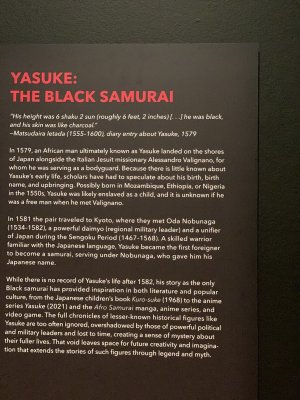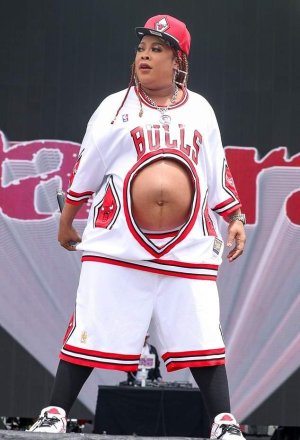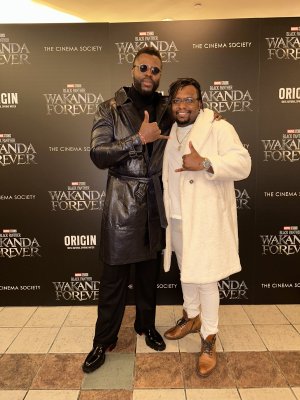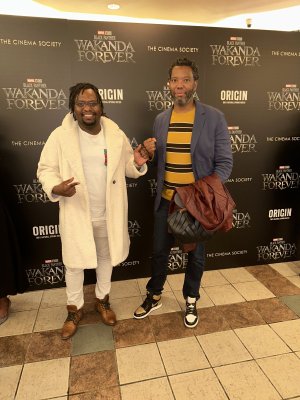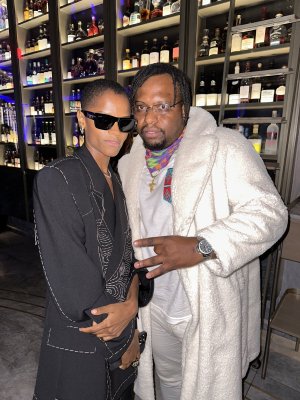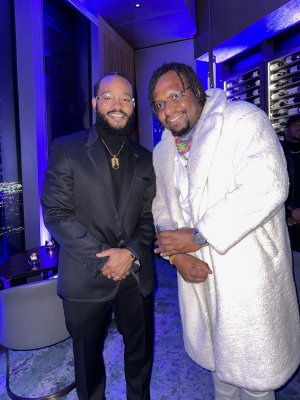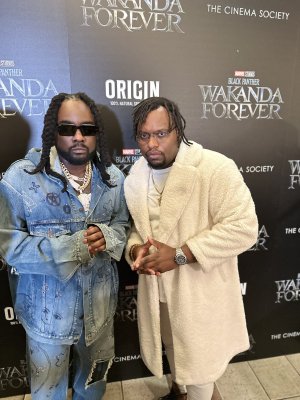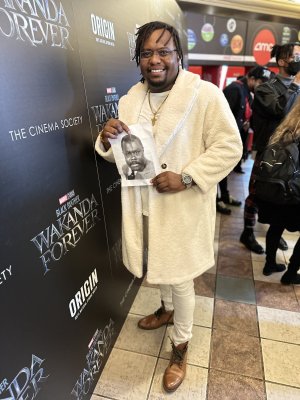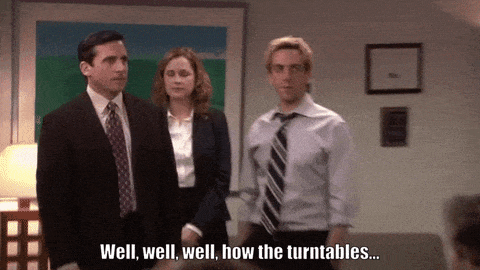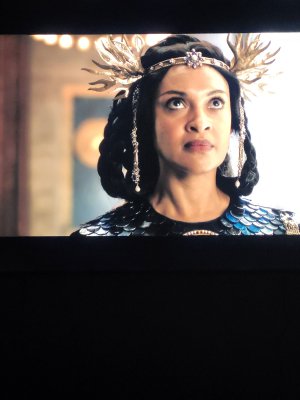- Apr 27, 2002
- 3,711
- 3,464
Just to give you an idea of the scope you're asking me to cover, a country like mine (about the size of California) has 25 million people who collectively speak more than 200 languages and dialects; the political structures run the gamut from absolute monarchies to Athens-style democracies; and the role and status of women are not uniform across cultures and ethnic groups. Granted, my country is one of the most diverse in Africa, but there are 52 countries on the continent, and each one of them has at least two official languages and three or four specifically local languages (and the ethnic societies that go with them). In short, you need to direct your question to an distinguished anthropologist, and that's not me.
But I'll argue that the extent is not important. What matters is that the title of the movie (and its story) should be seen within the context of this social and political diversity. And if you survey discussions that Africans themselves are having about this movie, much of the criticism centers around the accuracy of the costumes, the architecture, the weaponry, and the motivations of the Agoodjie. The fact that you don't find many discussions by Africans on the question of female leadership should tell how inconsequential it is to us because some of us are used to female leaders.
true, it’s prolly not a fair question…i don’t necessarily think it is controversial to have female leadership but i think the context, which to your point is perhaps unknowable to us layfolk, of how pervasive it was is to the ‘maximizing the minimum’ argument; which is to say yes it occurred & may have even been inconsequential to most but it may not have been the norm or even extended beyond the nobility/titled into general pop.
 Yea, he is definitely the type to go unvaccinated.
Yea, he is definitely the type to go unvaccinated.









